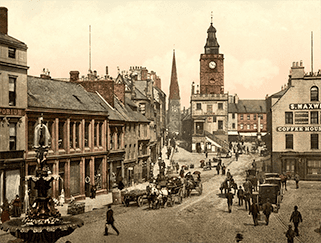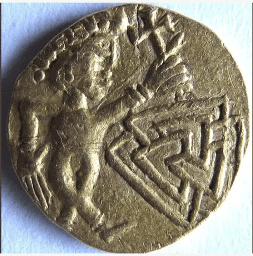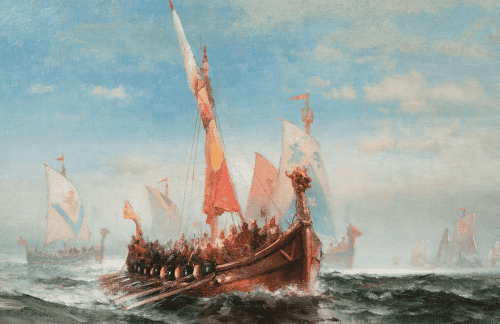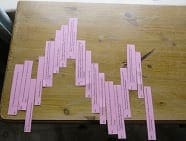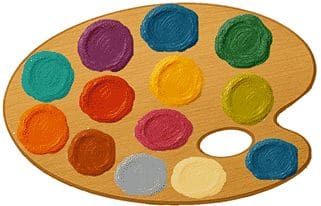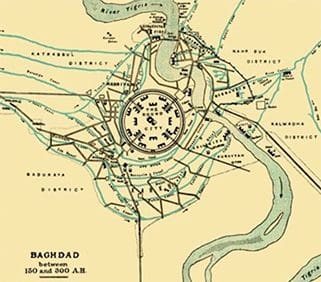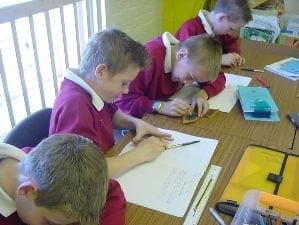
You will hear a lot spoken about historical enquiry, but very little written down and easily accessible. Given its central importance to an understanding of the nature of history, this is regrettable. What I write here then is an attempt to encapsulate what enquiry means in the classroom. Wherever possible I have given real examples and have referred you to outstanding lessons that have enquiry at their heart.
What do we mean by enquiry?
Most of us know, though some will deny, that history is a construct. It is not the story of what happened in the past; it is how people have interpreted the fragments of the past that have been left behind. If pupils are to gain any worthwhile understanding of what history is, they need to know how a historian works. There is no point trying to do this on a big canvas. Pupils need a pupil-size

